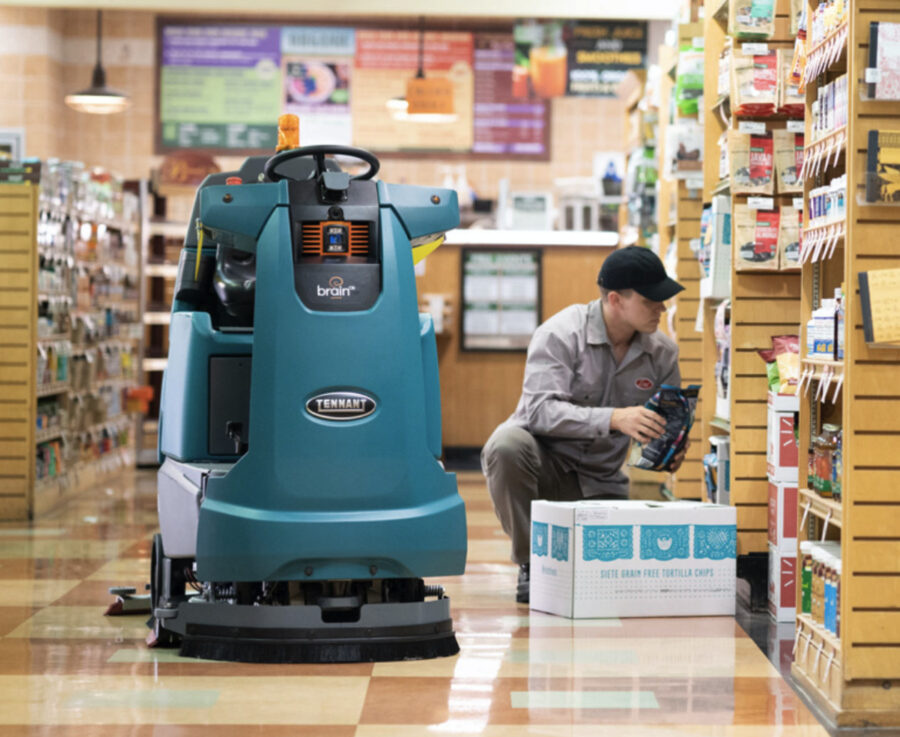The so-called Great Resignation has led companies to reconsider employee retention programs with many now offering sabbaticals as a means of keeping their most qualified workers in the fold.
The Society for Human Resource Management estimated just 4% of companies offered sabbaticals – i.e. mid-career resets, breathers, etc. – in 2011. By 2019, that percentage had risen to 17%.
“Managers are increasingly getting worried about retaining top talent due to burnout and COVID-19 wearing on their employees,” Andriy Bogdanov, CEO of Online Divorce, told The Food Institute. “The Great Sabbatical could be an alternative to combat the Great Resignation.”
Among the companies on the sabbatical bandwagon are McDonalds and Facebook HQ.
THE VALUE OF SABBATICALS
Soulaima Gourani, co-founder of Happioh, a virtual meeting software, wrote in Forbes (Jan. 24) that though some sabbatical-takers use the time to plan their next career move rather than for personal development, those who return are likely committed to their work. Companies are “willing to take the risk and give them time to recharge.”
Sabbaticals can be either paid or unpaid, but the key is that the person taking the time off has a job to which they can return. At the same time, the work needs to be covered, perhaps offering a temporary opportunity to someone trying to move up the business ladder.
NO LONGER SUCH A NEGATIVE
Gaps in one’s resume used to be a red flag, but Andre Kazimierski, CEO of Improovy, said that’s changing.
“Gaps are becoming normalized. More and more employees are taking time off to work on themselves, pursue passions, and even travel. These gaps are translating to someone who knows their worth, prioritizes their mental health, and is a more well-rounded person,” Kazimierski said.
DJ DiDonna, a co-founder of SHRM’s The Sabbatical Project, told FastCompany sabbaticals can be life-changing, inspiring workers to seek the most out of life.
The Sabbatical Project’s research indicates American workers as recently as 2018 were reluctant to take extended periods of time off, fearing their absence would make it evident they were not needed. That attitude, however, is changing, a sentiment borne out by business owners and other experts contacted by The Food Institute.
“Whether you’re taking time off to pursue a passion, develop your skills, or simply focus on yourself, the time you take off can be extremely beneficial to your mental, emotional, and physical health,” said Ravi Parikh, CEO of RoverPass. “This then will transfer to wherever you put your energy after your sabbatical is over.”
POTENTIAL DRAWBACK FOR EMPLOYERS
A sabbatical also can give a worker the chance to develop their own company without cutting ties with the employer.
“Keep in mind this doesn’t necessarily mean they’ll quit rather than returning,” said Matt Erhard, managing partner with the recruiting firm Summit Search Group. “There are many professionals who maintain an independent business alongside their regular employment, and whether that’s a problem for your company is something you’ll have to decide on a case-by-case basis.”
FIRST-HAND ACCOUNT
Greg Wilson, 42, a financial analyst, quit his high-income job to stay home with his wife and three children under the age of 4.
“I developed a plan when I was around 20 to retire in my mid- to late 40s. It consisted of buying rental houses young and maxing out my 401k. The pandemic accelerated that plan and I tapped out,” Wilson said. “What pushed me to quit was I was spending so much time in meetings where very senior people were talking about things and nothing was getting done.”
So, Wilson decided to take a few years to depressurize – at least until the children are in school – but unlike most, he has no intention of returning to the general workforce.
“I personally do not expect to, but I’m an anomaly,” said Wilson, who now owns a company called ChaChingQueen.com.












